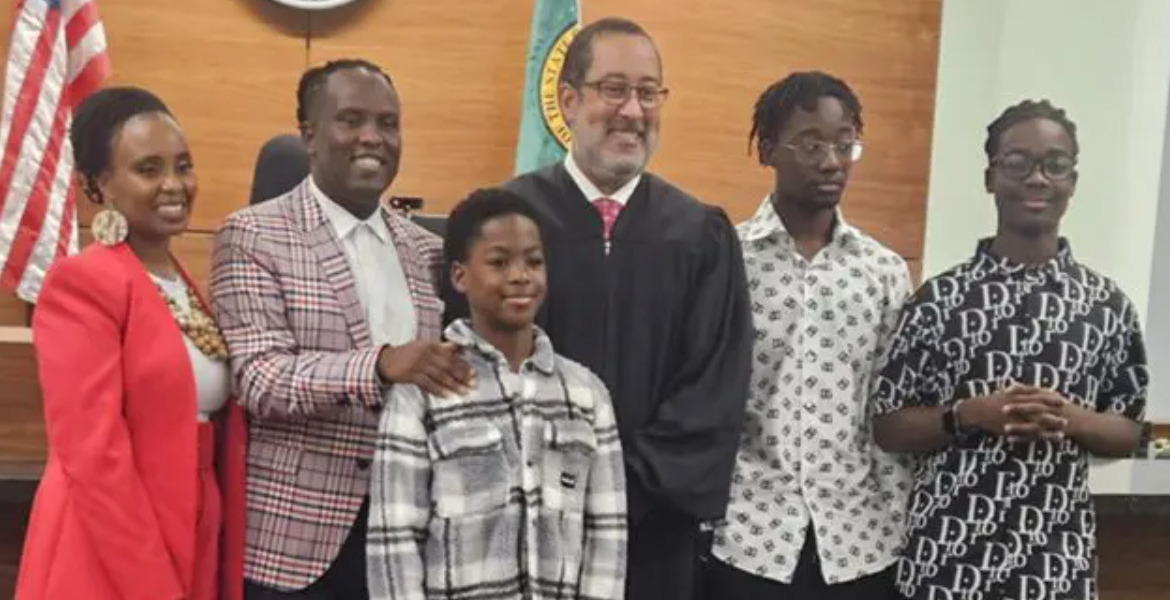Kenyan Pastors in Seattle Adopt Three Brothers Through the US Foster System

Kenyan pastors in Seattle have adopted three African American brothers through the US foster care system, extending their ministry into family life.
Pastor Steve Ndegwa and his wife, Shiku, lead Jubilee Covenant Centre in Seattle, where they have built a congregation that supports African immigrants with spiritual and practical guidance. The couple moved from Sacramento in 2012 and assumed church leadership later that year, overseeing a ministry that has grown in size and diversity.
Before adopting, the Ndegwas fostered several children, motivated by a desire to offer stability to those displaced from their homes. Three brothers aged 8, 9 and 12 were eventually placed with them. As their relationship strengthened, the couple chose to adopt all three to ensure the siblings remained together.
Pastor Ndegwa recalls taking on pastoral leadership in late 2012 after relocating to Seattle, a transition that shaped their family and ministry. Their cross-racial adoption reflects a commitment to practical care and underscores the inclusive approach that guides their work within the Kenyan diaspora and the wider Christian community.
The family’s experience sits within the long development of the US foster care system. In colonial America, orphaned or abandoned children were often placed informally with extended families or apprenticed to other households. By the 18th and 19th centuries, orphanages and almshouses became widespread, though many offered poor conditions.
Reformers such as Charles Loring Brace, founder of the Children’s Aid Society in 1853, sought alternatives, introducing the “Orphan Train” programme, which moved thousands of children from Eastern cities to rural homes in the Midwest. Major reforms followed in the 20th century as states established child welfare agencies and introduced laws designed to protect children from exploitation.
Research in the 1960s and 1970s exposed shortcomings in foster homes and institutions, leading to policies that prioritised family preservation and child-focused care. The Foster Care Independence Act of 1999 later addressed the needs of young people transitioning out of the system.





